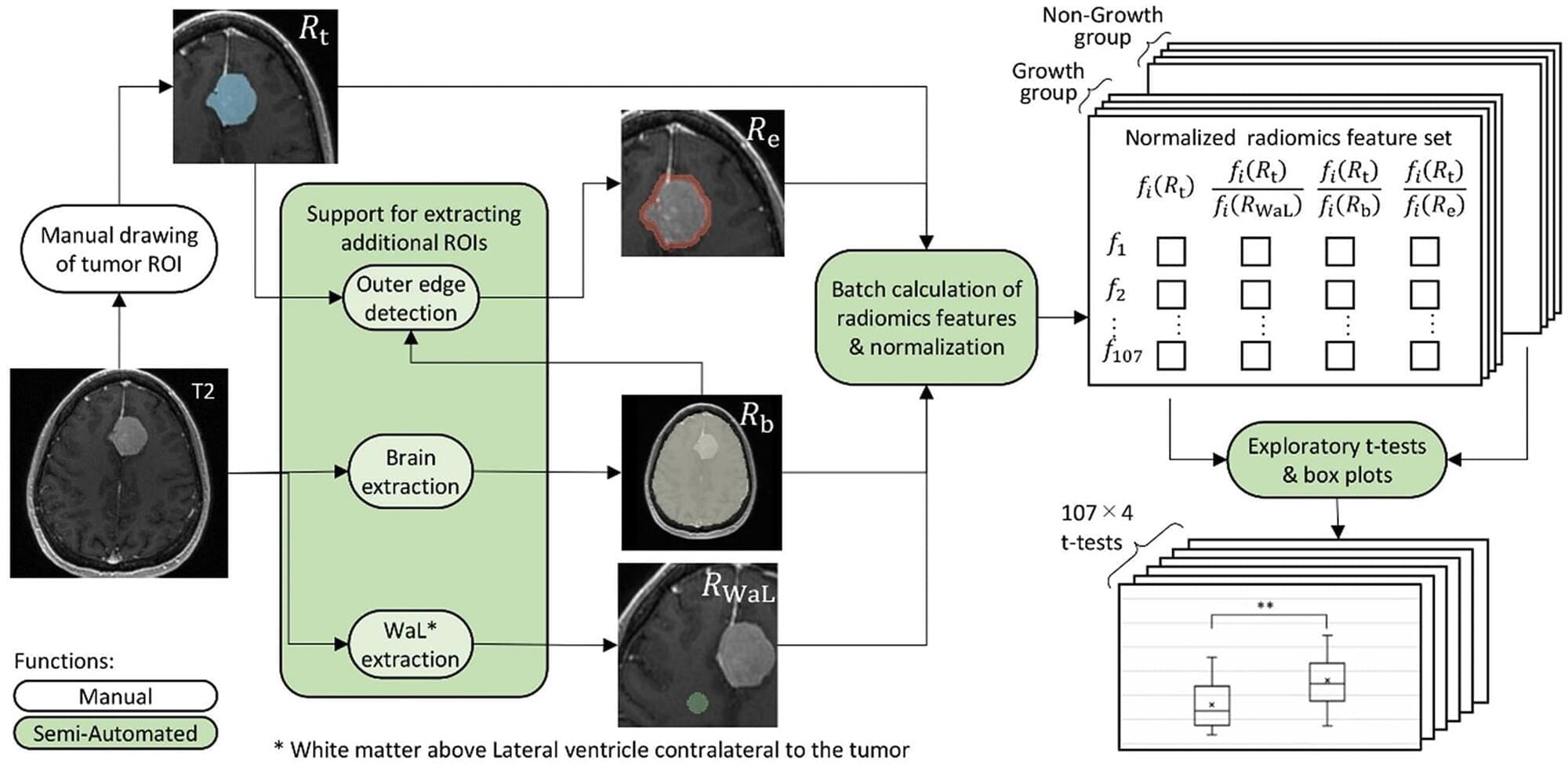Cellular senescence occurs in response to endogenous or exogenous stresses and is characterized by stable cell cycle arrest, alterations in nuclear morphology and secretion of proinflammatory factors, referred to as the senescence-associated secretory phenotype (SASP). An increase of senescent cells is associated with the development of several types of cancer and aging-related diseases. Therefore, senolytic agents that selectively remove senescent cells may offer opportunities for developing new therapeutic strategies against such cancers and aging-related diseases. This review outlines senescence inducers and the general characteristics of senescent cells. We also discuss the involvement of senescent cells in certain cancers and diseases. Finally, we describe a series of senolytic agents and their utilization in therapeutic strategies.








